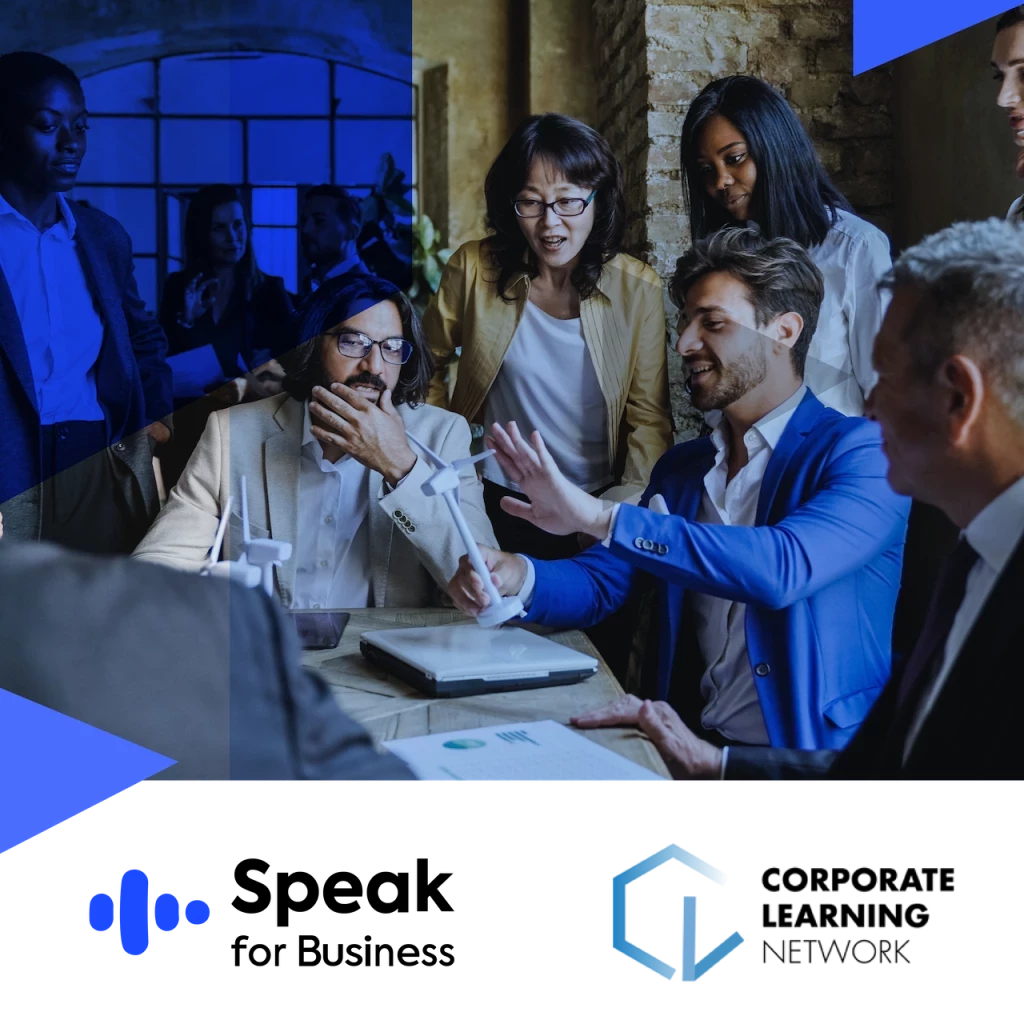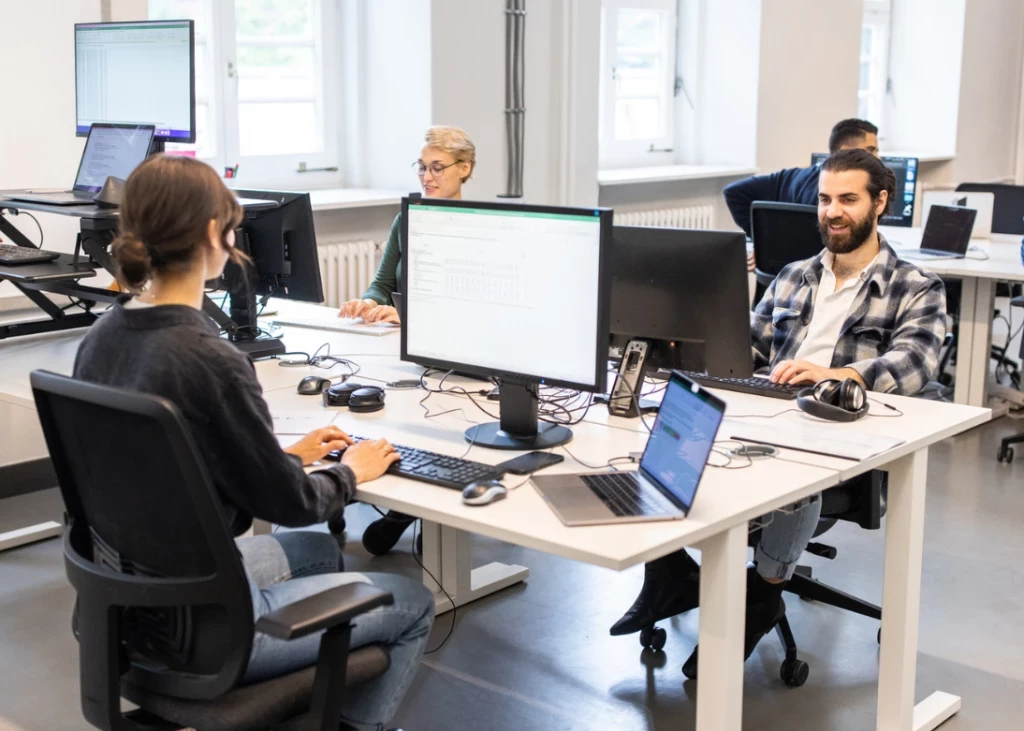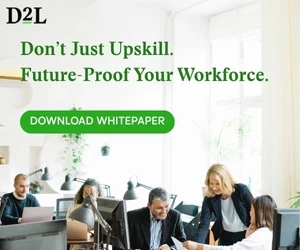
Closing Current Competency Gaps
There is a lot of discussion these days about upskilling and reskilling to close competency gaps and help people be more prepared for the workforce of the future. In this way, upskilling and reskilling are at the heart of intentional career development, as organizations align the development of their people to specific knowledge and skills needed to pursue and accomplish business objectives.
In the past few years, business delivery models have changed rapidly in response to the pandemic: Curbside pickup at the corner markets and big box stores, dining delivered to the doorstep, client calls and team collaboration on Zoom, telehealth making more inroads—these examples and more showcase how every industry has adopted new ways of accomplishing work. Processes that in the not-so-distant past would have been considered extraordinary shifted into common practice.
This accelerates the need to identify and develop skills to enable new approaches to existing processes and catalyze more creativity in the marketplace.
As virtual and hybrid work has increasingly become the norm, companies have been examining how learning occurs in the virtual world, with new methods of delivering instruction.
Companies that were more traditional in their learning delivery needed to embrace virtual methods of instruction. Upskilling and reskilling found a new frontier in the immediate adoption of multiple new technologies at a time when many employees did not even have a Zoom account!
Looking Ahead
Virtually every job is going to require learning new technologies and a changing mix of competencies to meet the demands of an evolving hybrid workplace. Skill development will be more flexible, delivered in multiple ways and focused on the needs of learners—when they need it and using devices and tools that match the time and place.
At the same time, it’s important to remember the level of stress that people have been under. Fear and uncertainty about the future were on everyone’s mind during the pandemic, and economic and geopolitical concerns continue to weigh on people today. And that impacts learning.
Hermann Ebbinghaus, a German psychologist and the pioneer of memory research, developed Ebbinghaus's Forgetting Curve, a model that demonstrates how memories are lost over time and what we can do to reinforce the things that we learn.
One of his observations was that physiological factors play a significant part in how well we retain information. Drawing on Ebbinghaus’ insights, we recognize the importance of providing both the time and the learning resources to support self-care, within a safe and empathetic environment to support the adoption of new skills. This will continue to be important even to employers and employees, alike.
As the workforce continues to evolve in new and innovative directions, upskilling and reskilling strategies will be as important to companies’ ability to thrive as setting business goals and objectives. The talent and capabilities of an organization's people will be critical to being relevant and maintaining a place in the future economy.
This article will appear in Area9 Lyceum's newsletter. You can view it here.




























